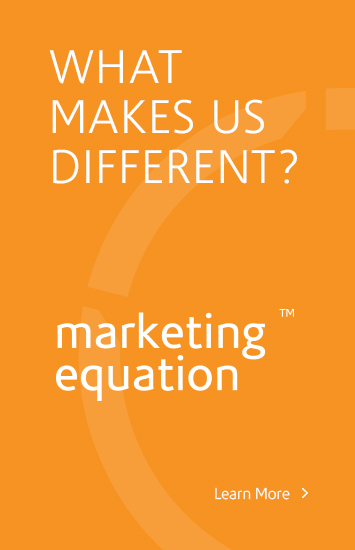Jun 7, 2011
No Comments
- Use Software As A Service (SaaS) – Lease software and don’t own it
- Buy a license for software – Own license but not software
- Have software developed for you – Own all the code etc

The Golden Rule for SaaS
The #1 thing to keep in mind in regards to SaaS is this idea…. Applications that would be great candidates for SaaS software are applications that are either:- Nearly impossible to create because of expense, knowledge, time or other resources.
- Applications that don’t make cents to own or create yourself (like an app on your phone to track blood sugar intake or mileage for a trip etc.) because they don’t provide a basic functional need.
- As a third possible reason, there are many times where “testing” out a SaaS product can be very helpful for deciding whether certain type of software will work for you and your company.
Examples of Each
For example, at Innovation Simple, we have a SaaS offering that helps Little League organizations run their entire league and make all board members and officers more efficient in their administration of the league. This service is not only incredibly valuable for Little Leagues, for most little leagues it likely wouldn’t make cents to try and develop such an application from scratch because of the commitment of time and other resources. Hence, it remains a viable and valuable SaaS application in the market. On the flip side to this, a great example of a SaaS application that may not be worth using is a simple website application. Being that its easy enough and affordable enough to OWN your own website, why lease one? If you can get a custom version, why buy a canned licensed version. Simple websites and even e-commerce websites are likely less valuable in the SaaS environment than licensed or custom build applications because the development of these applications is ubiquitous and OWNING a CUSTOM website is much more logical than leasing one or buying a templated one. If we follow the golden rule, this type of scenario makes sense, because for a small business website, it is affordable and it does make business cents to get exactly what you need. Websites can breathe life into the heart of a small business just like a logo or other marketing materials can. They aren’t worth skimping on, leasing, or relinquishing control or customization.Exceptions to The Golden Rule
Just as with anything else, there are always a few exceptions a a rule. If there is some super sweet feature that a SaaS product offers you that you can’t get out of a custom piece and you feel that the trade off is worth it, then go for it. I know of a couple of pieces of software that offer a feature or two that make the SaaS product a viable SaaS product despite other non-valuable characterstics. That being said, sign up for SaaS products that you cannot build on your own and that you don’t want any customizations to. Oracle, for example is a great software company who is knee-deep in creating such powerful SaaS products that they can be heavily customized per user. This is where the SaaS world is heading and its a great direction to be heading. However, only the elite and super expensive companies like Oracle are developing such types of software and for most lay consumers and small businesses, these applications aren’t affordable and tend not to be the first choice. In many cases, you can export much of the data housed in your SaaS account, but this is merely the beginning of a typically probable headache and trying to find a new home for all your data/service.Something to Keep In Mind
Its very typical in the SaaS world to stop using a SaaS application. There are many reasons for this, but the main one has always been customization. Most SaaS applications just don’t fit exactly what users need them for. Most CRMs don’t do what users want them to do. Most ERPs, lack something specific to the work flow of users. Most PMs are feature rich but tend to lean toward helping a specific type of user or industry. Hence, true success with SaaS comes back to having a SaaS offering that provides extreme proprietary type of value to users. The type of value that they cannot find anywhere else. From personal experience, I know what it is like to stop using multiple SaaS products. I know what its like to not be able to get employees on board with using a specific piece of software that will help increase productivity, but isn’t being used consistently and correctly. I have stopped using every SaaS product I have ever started to use! Let me repeat, I have stoppe using every SaaS product I have ever used.Last Second Tips
- For those thinking of using Saas, beware of the trap of having your data extremely difficult to export and move to another provider.
- There are many times where “testing” out a SaaS product can be very helpful for deciding whether certain type of software will work for you and your company.
- The reason why you don’t buy SaaS is for control and ownership.
- Even though it is rare that leasing makes more sense, there are those occasions where it is the only way to go so to speak – those occassions are listed above.
- The reason why you buy SaaS is for testing or where value is extremely high based on a very customized application that would be hard to build yourself.

